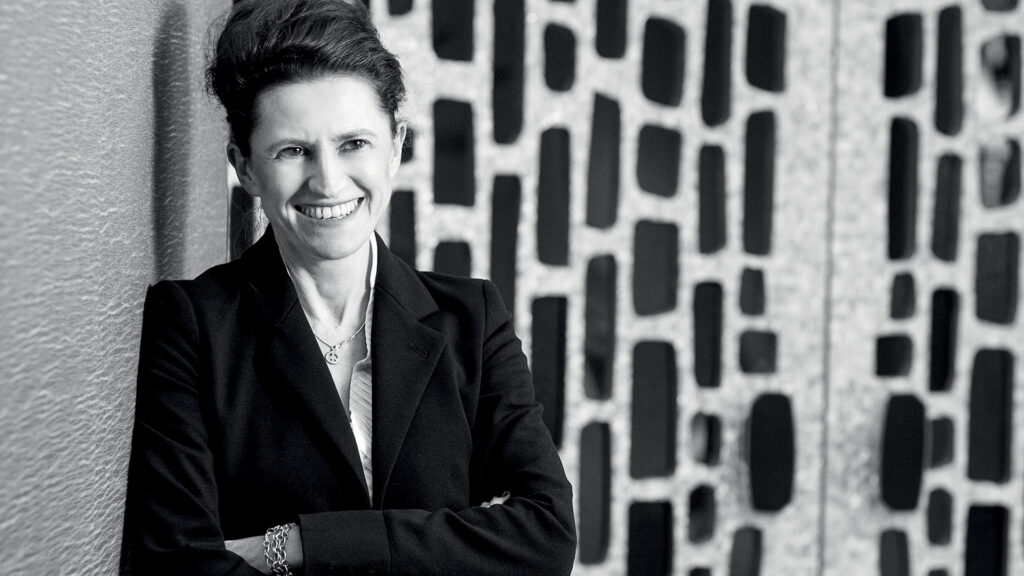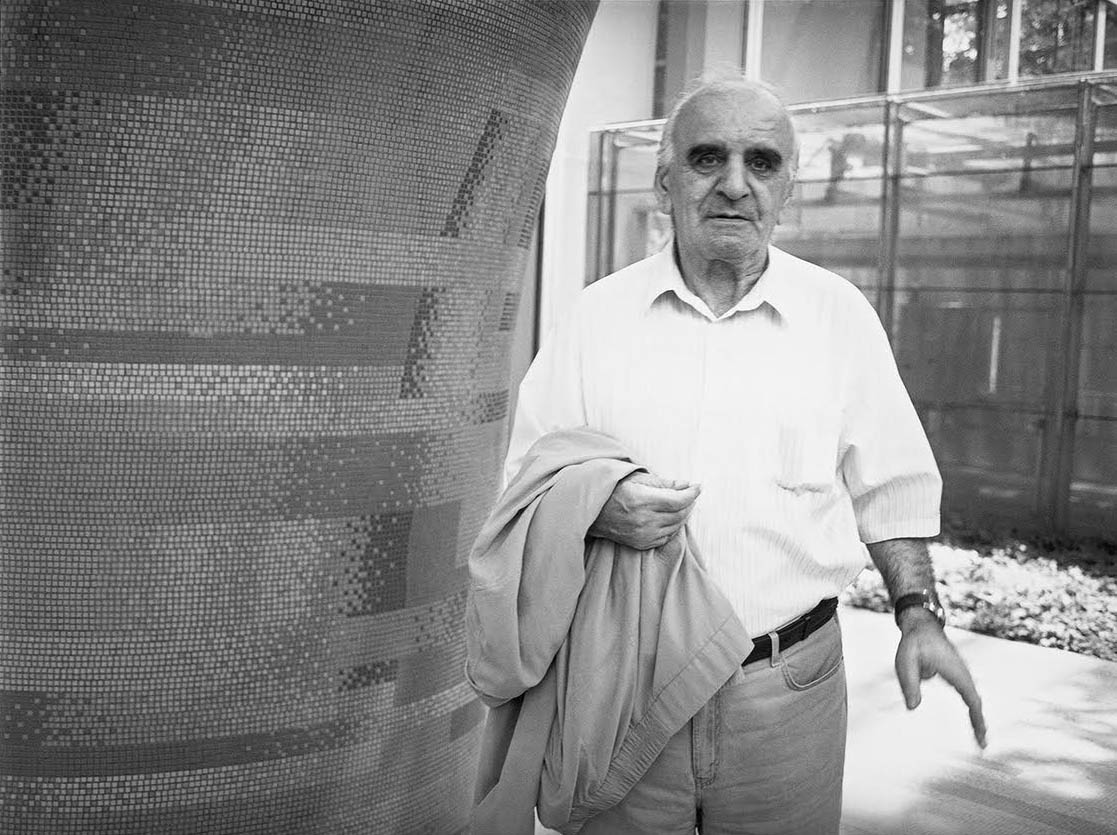
Isola Edipo and the Venice Days programme, in cooperation with Fondation Cartier pour l’art contemporain Paris, present the latest work by Armenian director Artavaazd Pelechian: La Nature, commissioned in 2005 by Fondation Cartier and ZKM Filminstitut of Karlsruhe, Germany. Pelechian will meet the public today, in Sala Laguna, at 6pm. The appointment is part of a cycle of meetings: Inclusive Cinema: vision and education. We meet Grazia Quaroni, Director of Collections at the Fondation Cartier pour l’art contemporain, to discuss the project.
How did Fondation Cartier and Isola Edipo begin working together?
We met Isola Edipo thanks to Raymond Depardon, one of the several directors, photographers, and filmmakers who have been dedicated a programme by Isola Edipo and the Venice Days programme. This was back in 2018. We quickly liked each other’s work with the Isola Edipo team, and with Silvia Jop in particular, and discussed what future common initiative we may develop together, especially given their focus on filmmakers that promoted inclusion, which is something Fondation Cartier cares deeply about.
What exactly made you choose Artavazd Pelechian?
We have been working with Pelechian for over twenty years. His film are very particular, he only made about ten, the longest being a thirty-minute feature. Both he and Fondation Cartier worked patiently together, and their collaboration resulted in the presentation of his 2021 film La Nature here at Venice Days. Around this film, we built a whole programme, an homage to his original, extraordinary filmmaking, with the added bonus of his presence.

A true coup de foudre
As Fondation Cartier, we partner with cultural institutions all over the world. We regularly work with artists and, whenever possible, we love interacting with them in first person and support them in the most complete, forward-looking manner possible.
Filmmaking does not figure in our core mission, even though we occasionally worked, over the years, with artists who also used film. In selected exhibitions, we had already used Pelechian’s work, for example Les Saisons, his 1975 film on farming life in Armenia opposite other films that celebrated and exalted progress and the questions of technological developmen
How is La Nature related to inclusivity?
Thanks to this film, we have been able to get in touch with farming life in countries we didn’t know, though above all, with the many facets of human personality. Les Saisons helps us understand better how, in some cultural contexts, man and nature do not necessarily interact, for mere questions of survival. Such a coexistence has had visible effects, especially over the last several years, since it doesn’t always follow the principles of balance and harmony. Pelechian showed, with his 1993 film La vie, particularly attentive to the female universe, making the theme of inclusivity an essential part of his oeuvre.
The reason this is important
A great merit of Pelechian’s filmography is its ability to focus our attention on things that appear so common that they’re not getting the attention they deserve, such as the essence of life itself, or the natural cycle of the seasons. Artavazd Pelechian is, also, quite talented in editing work: it was this ability to make him stand out in Jean-Luc Godard’s eyes, who in turn will make Pelechian known to the whole world.
No results found.
No results found.